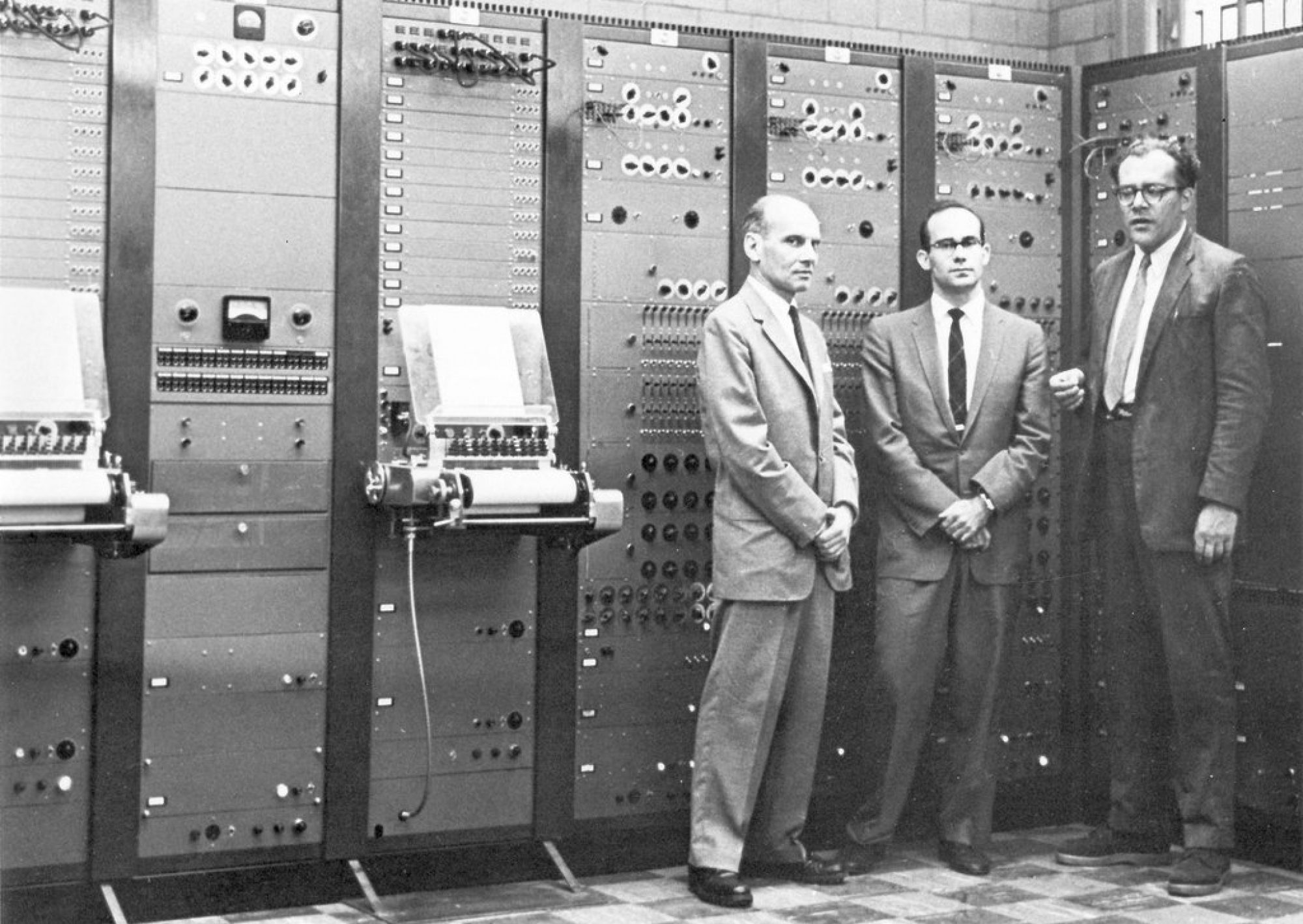Since its inception into American society, American popular music has, in some form, always been at the forefront of critiquing American politics. A plethora of songs have been written specifically to combat or call into view injustices shown in politics and a number of originals song have had their text or music changed to fit a message of political criticism. For instance, America’s national anthem, “The Star-Spangled Banner,” has had its fair share of rewrites in order to fit a certain issue or message. William Robin, in his article regarding Colin Kaepernick and the Radical Uses of “The Star-Spangled Banner,” quotes a temperance advocate’s text revision that peers into the reality of America’s drinking issue. The quote reads, “Oh! who has not seen by the dawn’s early light / Some poor bloated drunkard to his home weakly reeling.” Now, I absolutely love this method of using music to talk about politics; it grabs the listener in with a familiar tune with the intent of educating them on a real-world issue. As I’ve said before, there are a plethora of songs that have been rewritten to fit a cause, but none come close to the revision of “Ol’ Man River” that Paul Robeson wrote during the Civil Rights Movement.
Full discloser: Paul Robeson is one of my favorite basses to listen to and one of my favorite people to learn about. He was born on April 9th, 1898 in Princeton, New Jersey to Rev. William Robeson, a former runaway slave, and Maria Lousia Bustill, a Quaker. Without going into too much detail about his life, I can say that he received a scholarship to play football at Rutgers College, where he graduated class valedictorian. He went to Columbia Law School and soon after landed a job at a law firm, only to leave almost immediately after a white secretary refused to take dictation from him due to his race. It was at this point that Robeson decided to quit law to dedicate his life to his true passion of singing. Throughout his illustrious music career, Robeson worked with the likes of Eugene O’Neill, W.E.B. Du Bois, and James Joyce. But none of his collaborations would be as pivotal as his work with Jerome Kern and Oscar Hammerstein II in their groundbreaking musical Showboat. Most people identify Showboat as the defining show for American musical theater because it was one of the first musicals to fully integrate the plot of the show into the songs, which created a whole new form of storytelling. Although working in this play essentially made Robeson a sensation among American audiences, he saw his character Joe, a black dockworker singing about his troubles to the Mississippi River, as well as the hit song “Ol’ Man River” a bit demeaning to his pursuit of highlighting African American progression.
Understandably, Robeson didn’t appreciate the original lyrics that included the N-word to describe the type of workers working along the Mississippi nor did he appreciate the presentation of African Americans in this play as second class citizens. So, in an attempt to bring light to his feelings on the equal rights of black U.S. citizens, Robeson began in 1938 to rewrite the lyrics of this song in recitals. Similar to the pro tolerance writings put into the star-spangled banner, Robeson added text to “Ol’ Man River” that promoted African American freedom and strength. The famous line “There’s an old man called the Mississippi, that’s the old man that I’d like to be” was changed to “There’s an old man called the Mississippi, that’s the old man I don’t like to be” and the ending of the stanza “I get weary and sick of trying, I’m tired of living and scared of dying” was changed to “But I keep laughing instead of crying and I’ll keep fighting until I’m dying.”
Through this decision to rewrite and perform this text, Robeson gained much prominence in the early stages of the civil rights movement, especially during the early part of the cold war. Unfortunately, Paul Robeson as well as many African American leaders of the Harlem Renaissance period saw the emphasis on racial equality in the Soviet Union as a model for the U.S. to look toward, which to many Americans marked them as Communist supporters. This labeling eventually got Paul Robeson blacklisted from Hollywood, thoroughly questioned and searched by the House Un-American Activities Committee, and unable to reach American audiences as he once was able to do.
However, the effect Robeson was able to make on 20thcentury politics through his music was still a triumphant victory for African Americans searching for equality and a testament to the power of music against its environment. Music, as Robeson has shown, is a vital tool in sharing emotion and ideas which is why it has such a stronghold in the world of politics.
